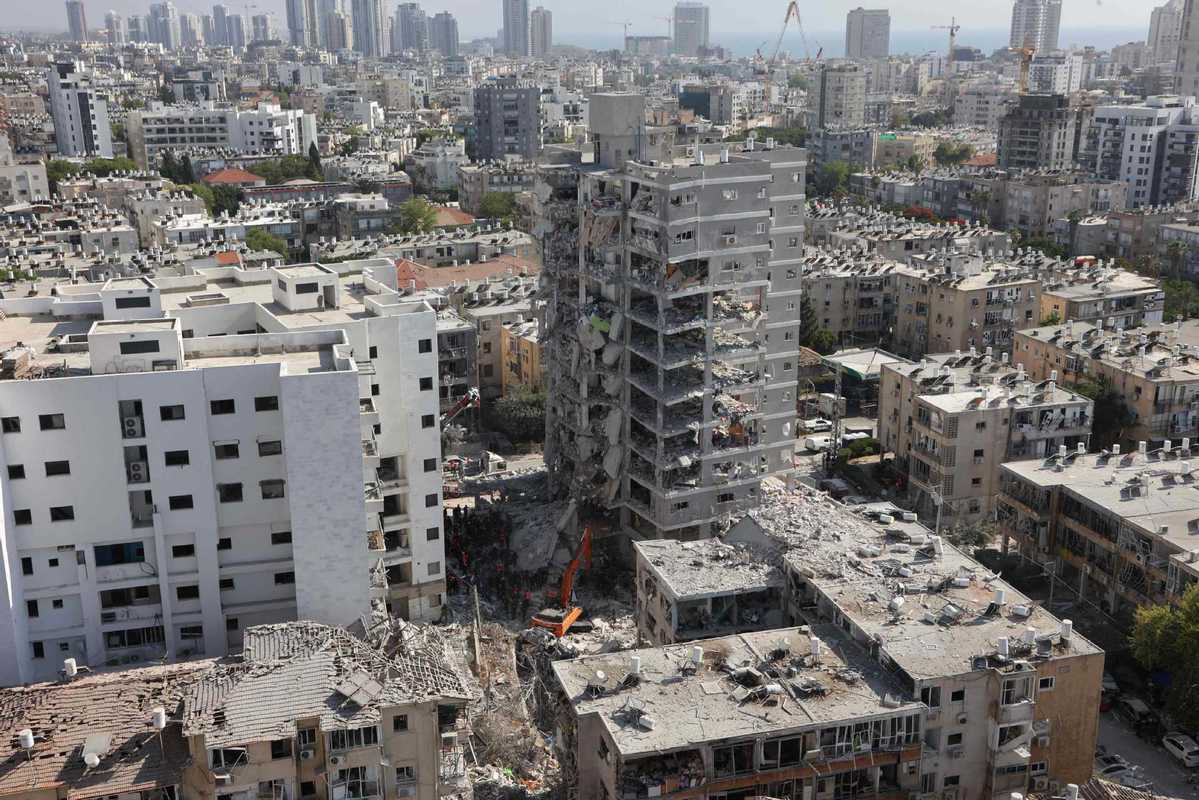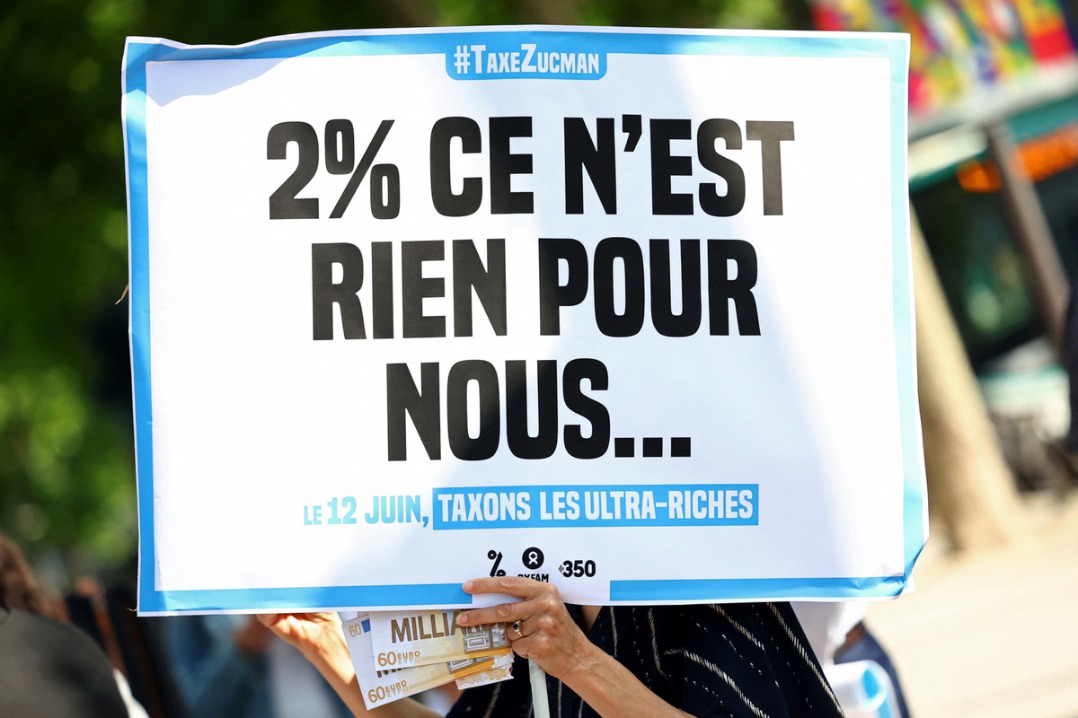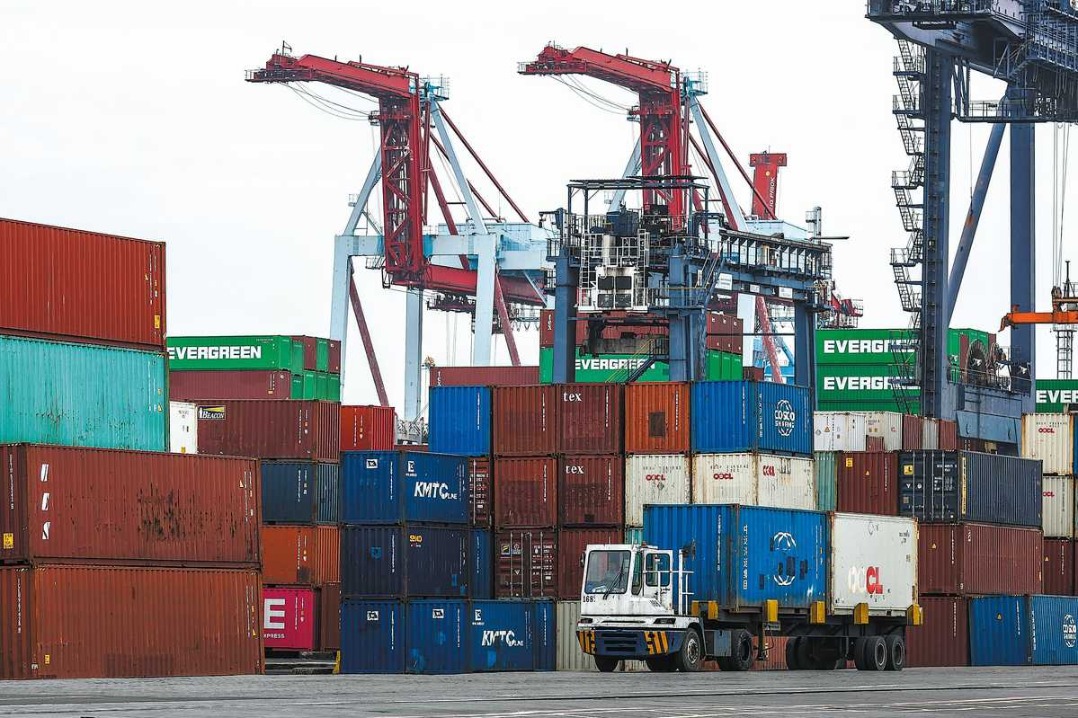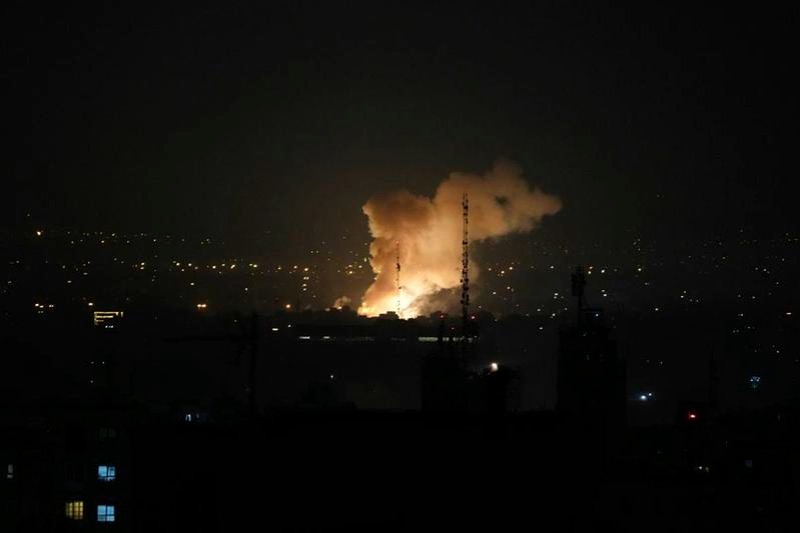Dialogue urged as Israel, Iran trade strikes


Israel and Iran traded attacks for the third day in a row on Sunday, deepening their most intense direct confrontation to date.
While Israel unleashed airstrikes that targeted Iran's Defense Ministry headquarters and alleged nuclear weapons project sites, Iran's ballistic missiles and drones struck Israeli cities such as Haifa and Tel Aviv, forcing millions into shelters.
Israel's sweeping offensive, which was launched on Friday, initially focused on Iranian nuclear facilities, air defenses and military targets, aiming to prevent Teheran from acquiring nuclear weapons, even though Iran insists that its nuclear program is for civilian energy use.
Israeli Prime Minister Benjamin Netanyahu vowed to hit "every target" in Iran, while Iranian President Masoud Pezeshkian warned of "more severe and powerful responses" to further strikes.
On Saturday, Chinese Foreign Minister Wang Yi held separate phone calls with Iranian Foreign Minister Seyed Abbas Araghchi and Israeli Foreign Minister Gideon Sa'ar.
During the talks, Wang said that China firmly opposes Israel's use of force against Iran in violation of international law, and the immediate priority is to avoid escalation of the conflict to protect the region from falling into greater turmoil.
There is still room for a diplomatic solution to the Iranian nuclear issue, Wang said, urging both parties to resolve differences through dialogue. China is willing to play a constructive role in supporting these efforts, he added.
The three-day conflict has inflicted heavy losses on both sides. Israel has carried out roughly 150 strikes, killing over 70 people and damaging the Natanz nuclear facility. Iran's counterattacks have killed at least 10 Israelis and wounded 200.
Yemen's Houthi group joined the fight on Sunday, launching missiles targeting Israel.
Ma Xiaolin, dean of the Institute for Studies on the Mediterranean Rim at Zhejiang International Studies University, said that Israel has always regarded Iran's nuclear capabilities as a major threat. "Strategically, Israel's 'preemptive' strikes aimed to block improvement in US-Iran ties and force Washington to suspend its Middle East withdrawal. Israel seeks to bind the US closer and maintain pressure on Iran, while diverting domestic political pressure," he said.
Iran's response has been relatively restrained, because an all-out conflict does not serve Iran's interests, Ma said, adding that long-term sanctions have made it difficult for Iran to withstand a direct conflict with Israel and the US.
Esmail Kosari, a member of the Iranian parliament's security commission, said Iran was reviewing the possible closure of the Strait of Hormuz, according to Iranian media.
Ed Hirs, an economics professor at the University of Houston, said closure of the key link in global energy transportation would have a huge impact on oil prices. The strait carries between 18 million and 20 million barrels a day, "so almost 20 percent of the global oil market passes through it", Hirs told Al Jazeera media.
Agencies contributed to this story.
































